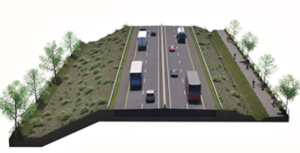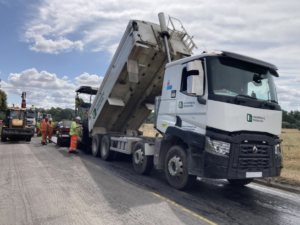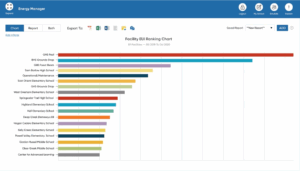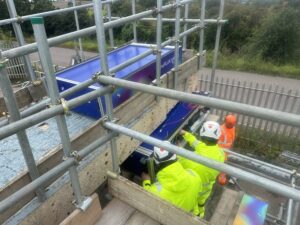Transport will be the sector that presents the biggest challenge to meeting new emission targets in Ireland, according to its Transport Minister Eamon Ryan.
The Government launched its ambitious Climate Action Plan this week, which aims to have 500,000 more walking, cycling and public transport journeys a day by 2030 as well as a target of 1m electric vehicles by 2030.
The plan includes 1,500 electric buses by 2030 as well as a wider use of biofuels in public transport.
All buses will be electric by 2035 and there will be a new scheme for 200 on-street public charge points per year.
The Green Party leader said that transport will have the biggest challenge in meeting its targets of reducing emissions by 42pc to 50pc, reports the Irish Independent.
“Transport, I think, is going to be the hardest sector to meet the targets,” he told reporters at Government Buildings.
He said that there is a need to reduce the volume of transport on Irish roads.
“We have to reduce the volume of transport, to take this opportunity that remote working provides, coming out of Covid, to keep remote working and to see if we can reduce all this long-distance commuting,” he said.
“Even if we converted every car to an EV, the gridlock we’d get would have a huge cost to our society.”
He said that people “flock” to areas where there is better public transport.
Taoiseach Micheál Martin said that the Government may look at a grant system for electric vehicles and the retrofitting of 500,000 homes by 2030.
He said that a grant system, as well as low-interest loans, would make the purchase of electric vehicles a “realisable prospect” for people.
Tánaiste Leo Varadkar said that reaching the target of one million electric vehicles by 2030 will be “difficult to achieve”.
He said that this will be the “total” number of EVs, with approximately 800,000 to be private cars and 150,000 to be fleet and work vehicles.
























